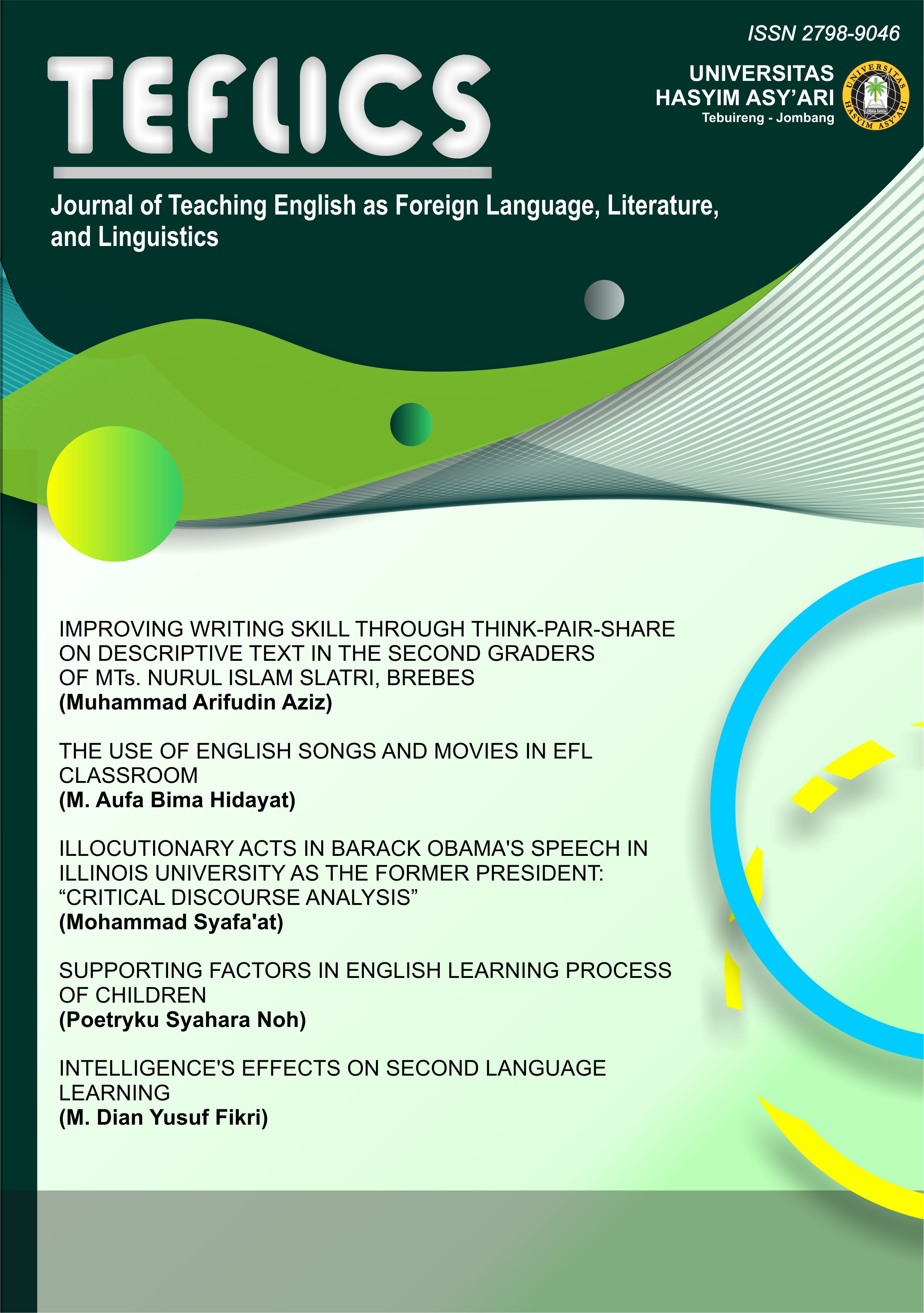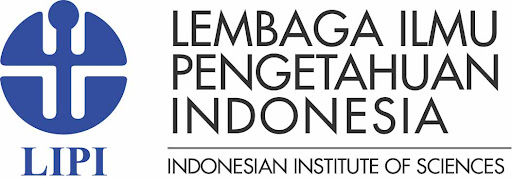INTELLIGENCE'S EFFECTS ON SECOND LANGUAGE LEARNING
DOI:
https://doi.org/10.33752/teflics.v1i1.1554Keywords:
intelligences’ effects, language acquisition, second language learningAbstract
It is often assumed that intellect is the most important element in determining whether or not a person would be successful in learning a second language. When compared to someone with a moderate IQ, someone with a high IQ learns a second language faster. However, this is not always the case. In my perspective, not every person with a high IQ finds it difficult to learn a second language. Other research discovered other factors that influence someone's performance in learning a second language. This demonstrates how various things impact someone's decision to learn a second language. The most significant variables in learning a second language are social variables. As a result, if they have medium intellect, learning a second language is not an issue. If they acquire a second language in a supportive atmosphere, they will be able to master the second language. As a result, selecting a decent social context in which to learn a second language is the most efficient approach to master it.
Downloads
















